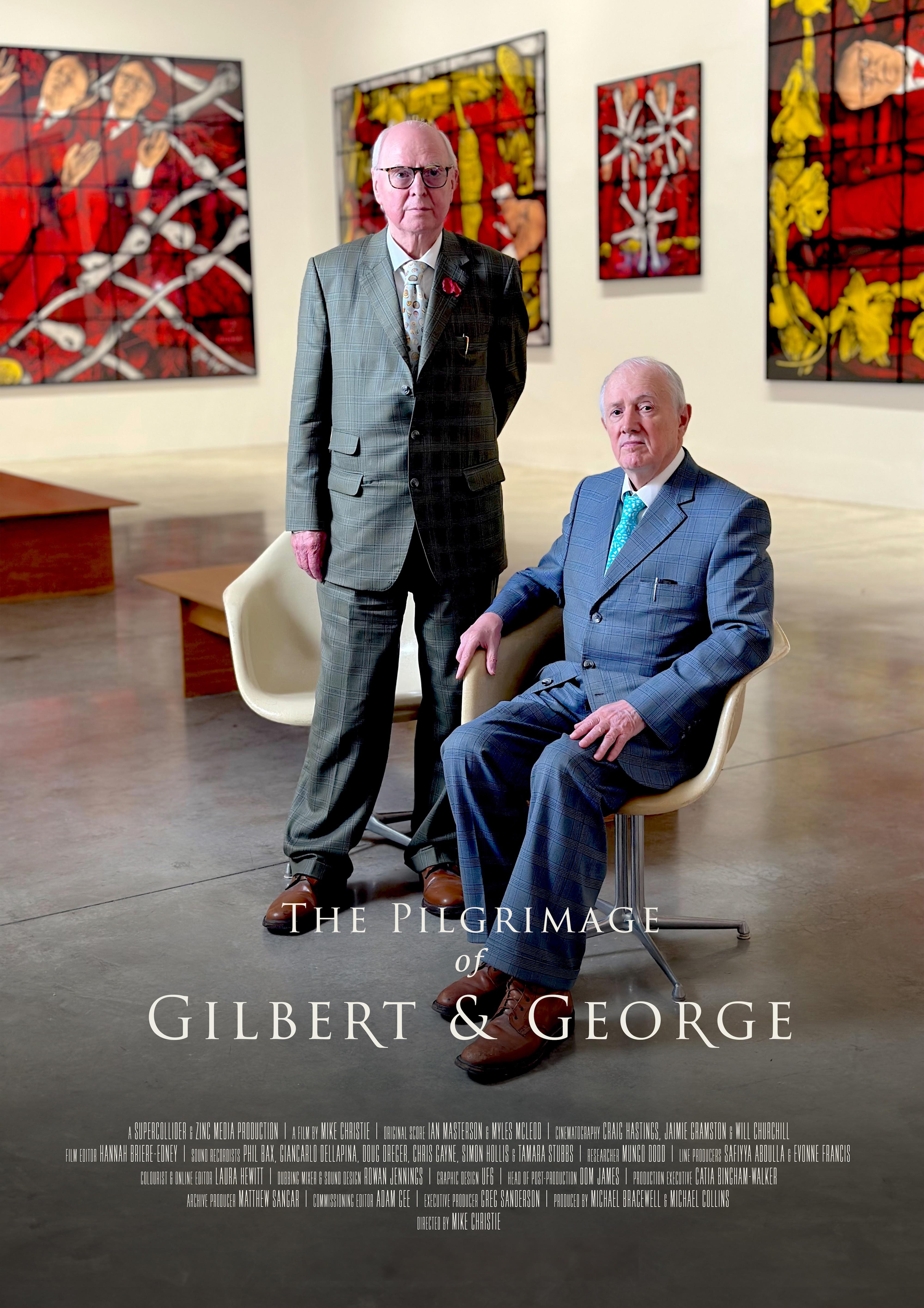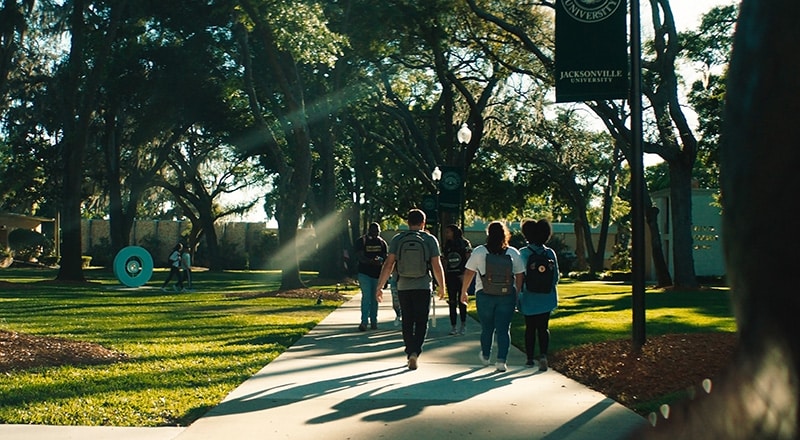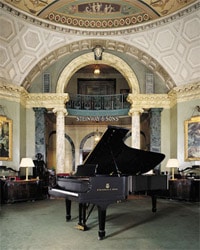Met musicians regret total 2020 shutdown
mainSoon after Peter Gelb announced yesterday that the Metropolitan Opera will not reopen before the end of the year, the musicians responded with dignified restraint:
While we understand that the cancellation of such a large part of our season is necessary for the safety of our community, we long for the day when we will go back to live performance. In the meantime, we continue to play, teach, and reach out to our amazing audiences in New York City, across the country and throughout the world with the power of great music. In these times of uncertainty, despair and turmoil, we come back again and again to music, to the transformative power of this great art form and its unique power to transcend barriers and boundaries.
The Met previously said:
Based on current information regarding the ongoing health crisis, we have made the difficult decision to cancel the first few months of the 2020–21 season. We now expect to re-open our doors and welcome audiences back to the Met on December 31, 2020, with a special gala performance, the details of which will be shared at a later date.
Because of the lack of time available for technical preparations, Mozart’s Die Zauberflöte and Don Giovanni will be performed in revivals of the Julie Taymor and Michael Grandage productions, respectively, rather than the previously announced new stagings by Simon McBurney and Ivo van Hove. These new productions, as well as the previously scheduled fall new stagings of Verdi’s Aida and Prokofiev’s The Fiery Angel, will be rescheduled for later seasons. Van Hove’s Met-premiere production of Jake Heggie’s Dead Man Walking, conducted by Met Music Director Yannick Nézet-Séguin, remains on the schedule as planned. Maestro Nézet-Séguin will conduct a total of 26 performances over the course of the revamped season, including performances of Mozart’s Don Giovanni, Strauss’s Die Frau ohne Schatten, and Gounod’s Roméo et Juliette….
In anticipation of changing audience expectations, the Met has moved up its evening curtain times to 7 p.m. whenever possible and shortened the running time of Handel’s Giulio Cesare from four-and-a-half hours with two intermissions to three-and-a-half hours with one intermission.






Comments